Douglas W. Hubbard Quotes & Sayings
Enjoy the top 5 famous quotes, sayings and quotations by Douglas W. Hubbard.
Famous Quotes By Douglas W. Hubbard
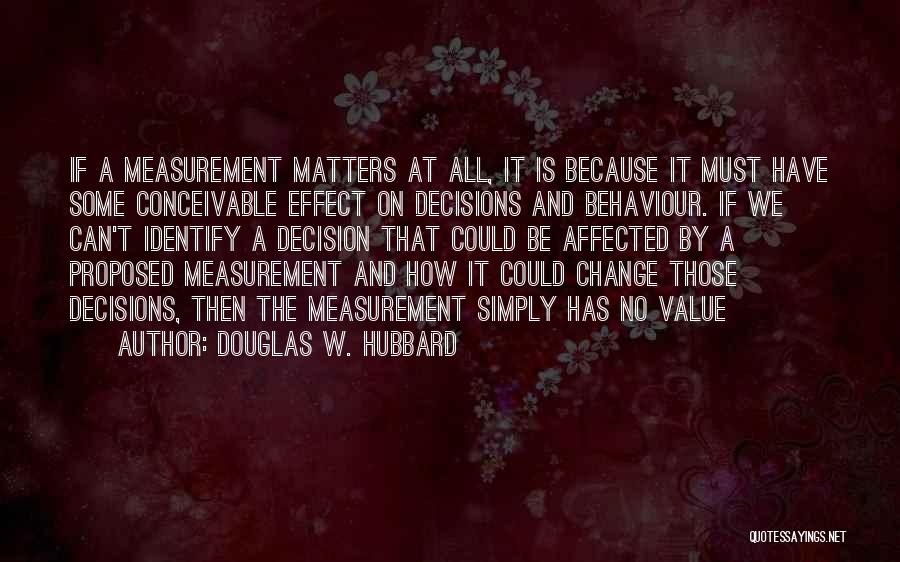
If a measurement matters at all, it is because it must have some conceivable effect on decisions and behaviour. If we can't identify a decision that could be affected by a proposed measurement and how it could change those decisions, then the measurement simply has no value — Douglas W. Hubbard
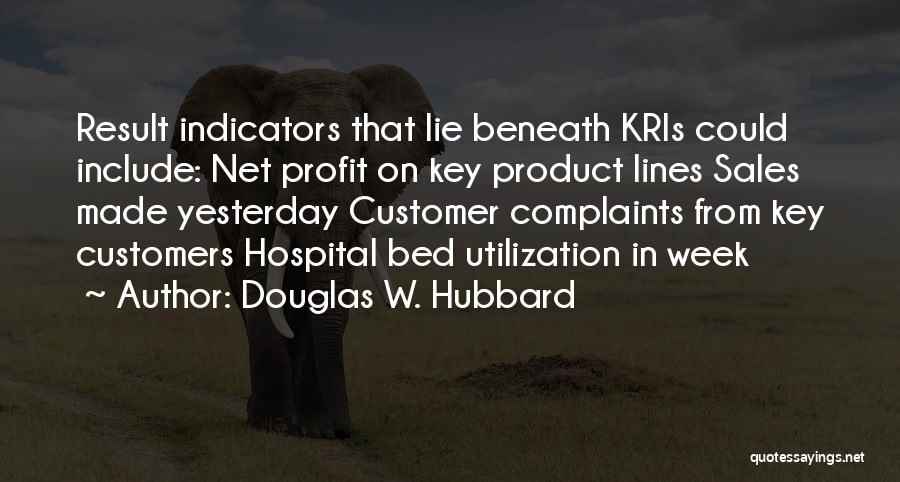
Result indicators that lie beneath KRIs could include: Net profit on key product lines Sales made yesterday Customer complaints from key customers Hospital bed utilization in week — Douglas W. Hubbard
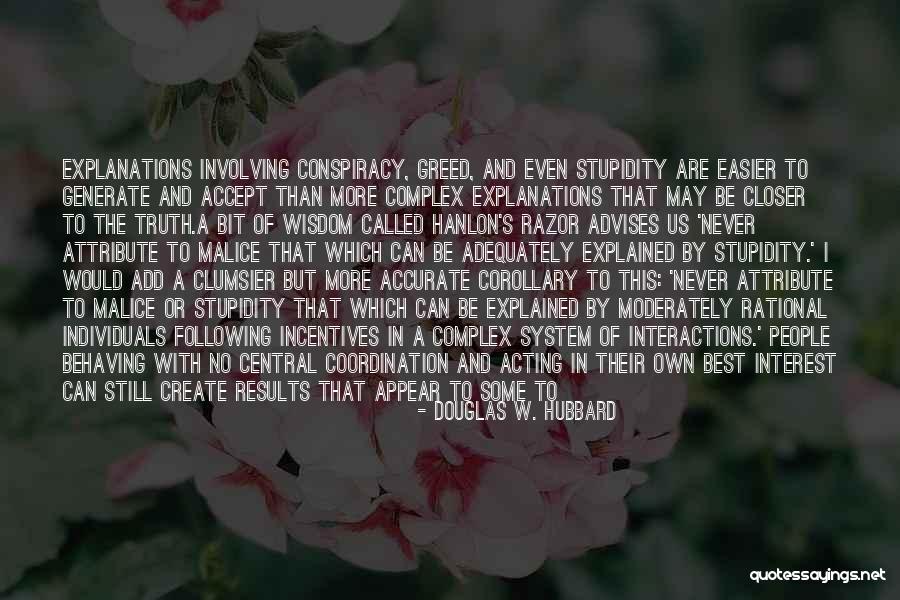
Explanations involving conspiracy, greed, and even stupidity are easier to generate and accept than more complex explanations that may be closer to the truth.
A bit of wisdom called Hanlon's Razor advises us 'Never attribute to malice that which can be adequately explained by stupidity.' I would add a clumsier but more accurate corollary to this: 'Never attribute to malice or stupidity that which can be explained by moderately rational individuals following incentives in a complex system of interactions.' People behaving with no central coordination and acting in their own best interest can still create results that appear to some to be clear proof of conspiracy or a plague of ignorance. — Douglas W. Hubbard
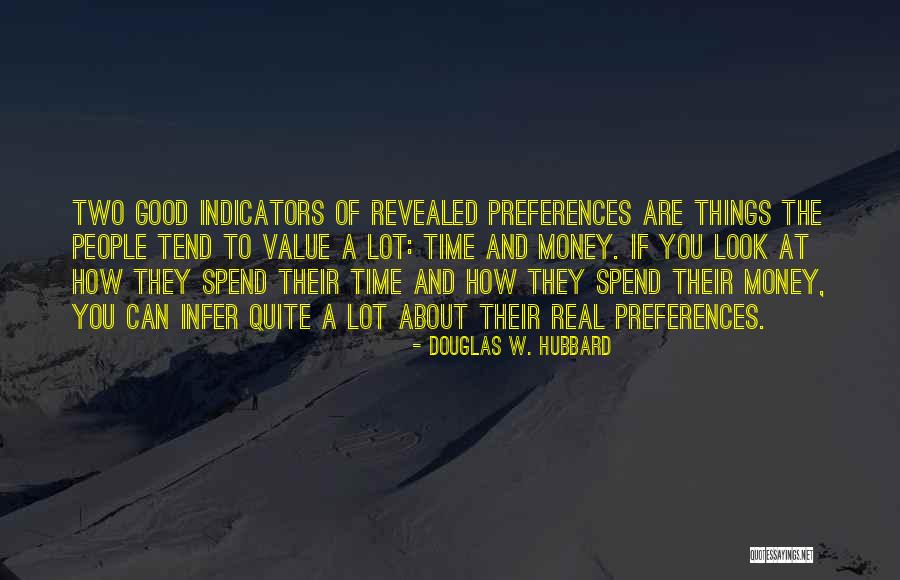
Two good indicators of revealed preferences are things the people tend to value a lot: time and money. If you look at how they spend their time and how they spend their money, you can infer quite a lot about their real preferences. — Douglas W. Hubbard
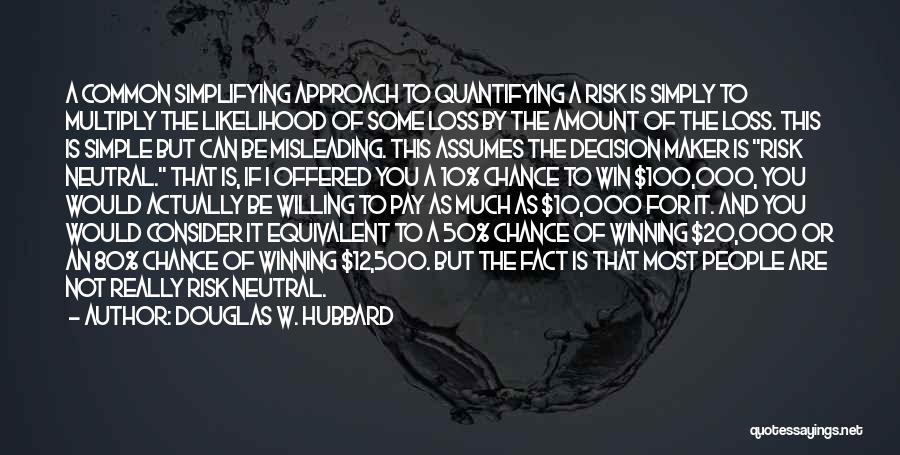
A common simplifying approach to quantifying a risk is simply to multiply the likelihood of some loss by the amount of the loss. This is simple but can be misleading. This assumes the decision maker is "risk neutral." That is, if I offered you a 10% chance to win $100,000, you would actually be willing to pay as much as $10,000 for it. And you would consider it equivalent to a 50% chance of winning $20,000 or an 80% chance of winning $12,500. But the fact is that most people are not really risk neutral. — Douglas W. Hubbard





